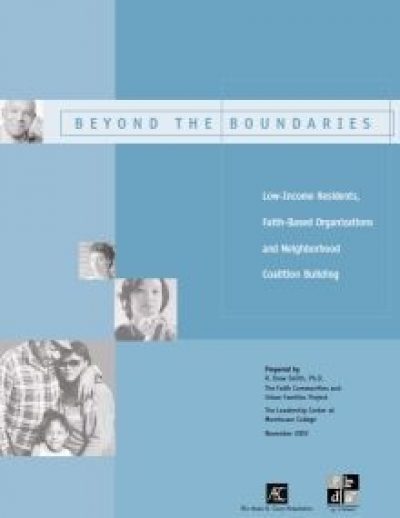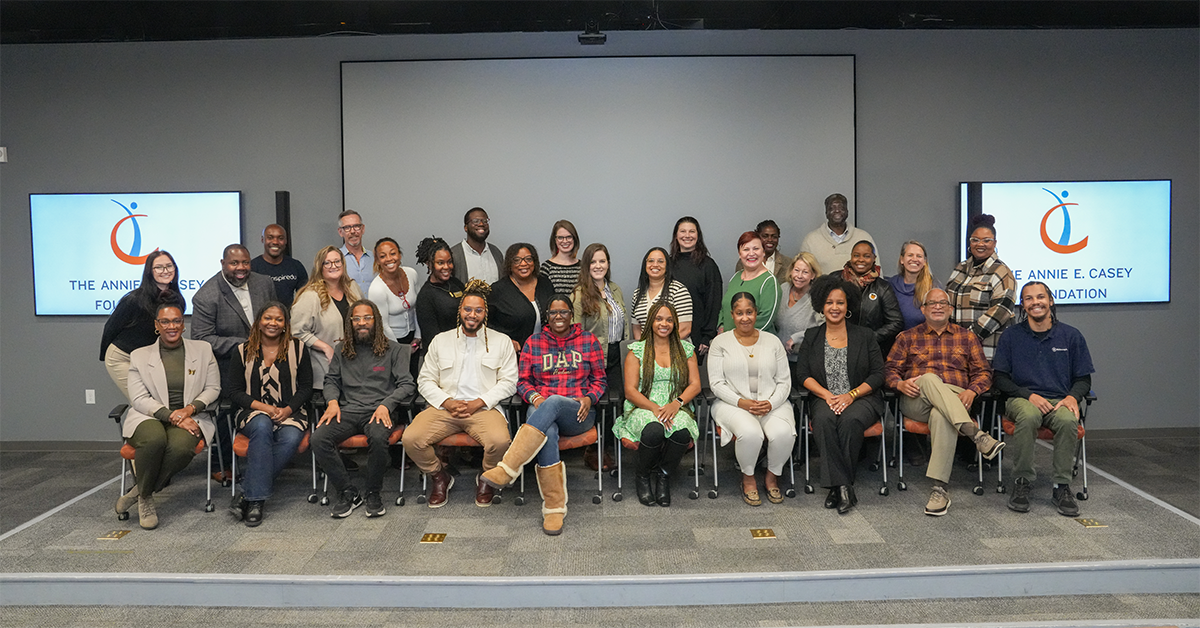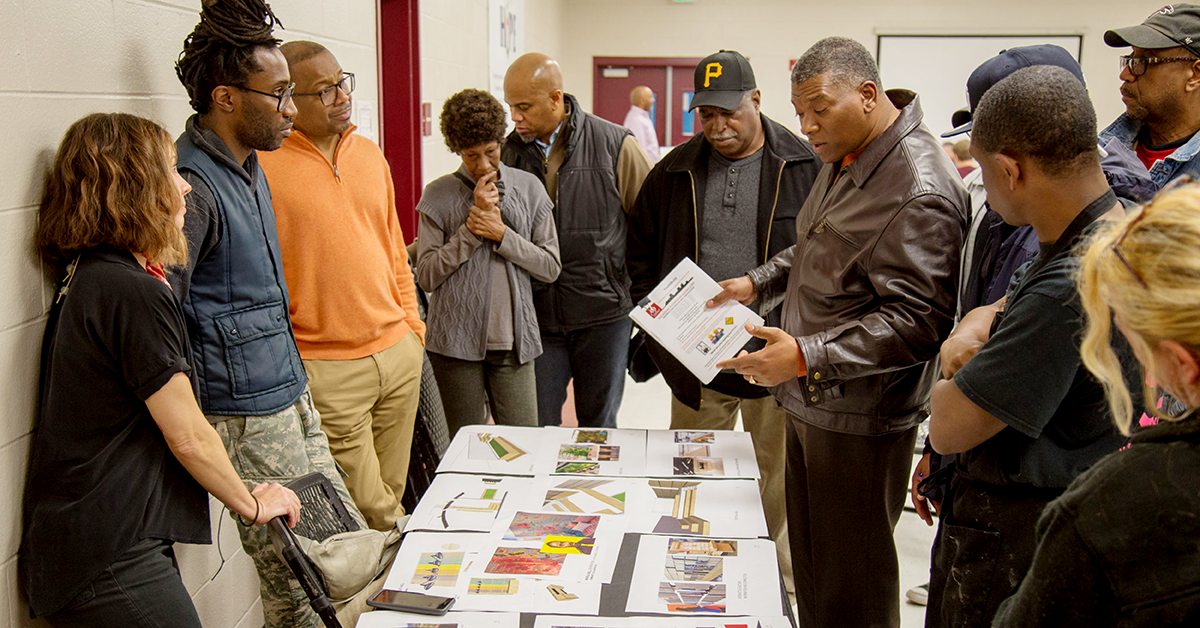Church Influence Limited in Inner-City Neighborhoods
Although churches have a visible presence in most urban communities, they have had a limited impact on the poor living in inner-city neighborhoods. The survey data collected from the four project communities confirmed that few residents interacted with faith-based organizations during the previous year.







